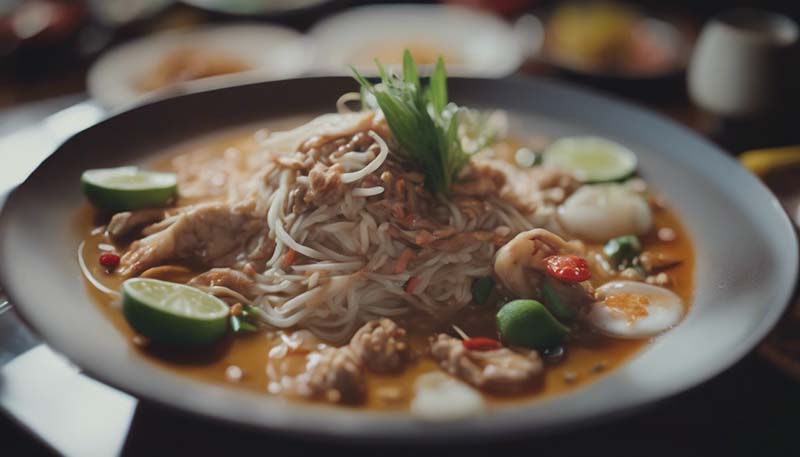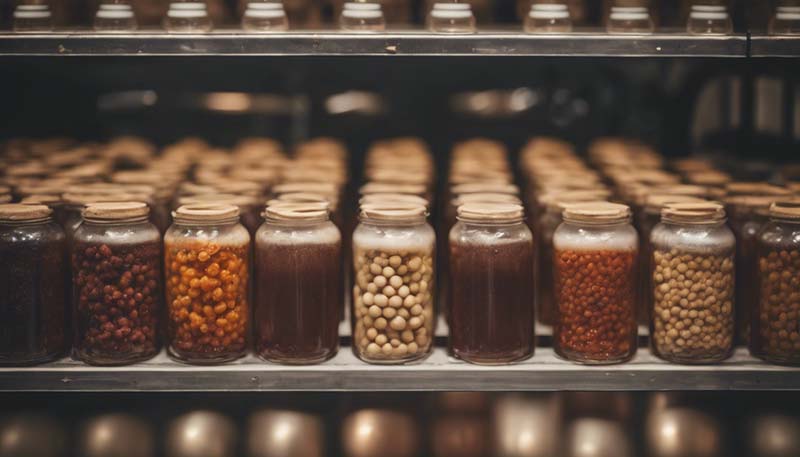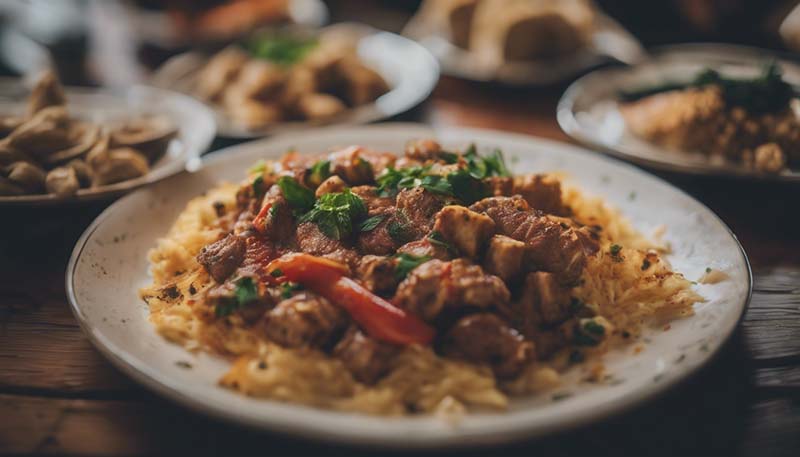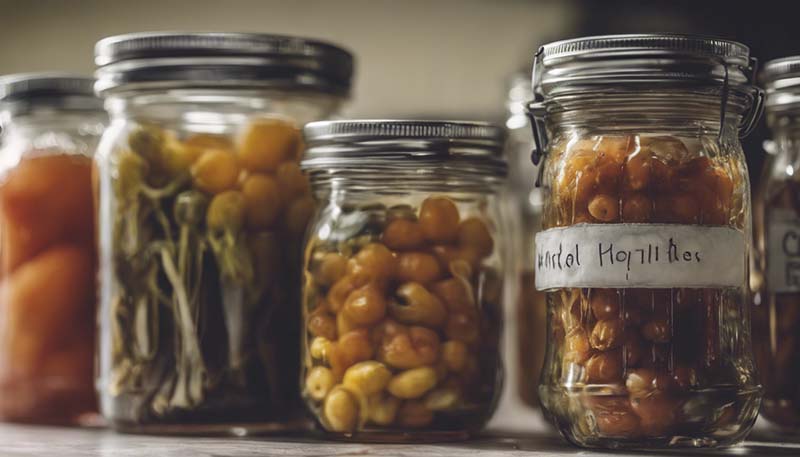The Importance of Seasoning in Cooking
Seasoning is a critical component of cooking that can elevate a dish from bland to flavorful. It involves adding spices, herbs, and other flavorings to food to enhance its taste and aroma. Seasoning not only makes food more enjoyable to eat, but it can also improve the nutritional value of a dish by adding essential nutrients and antioxidants.
Types of Seasonings
There are many different types of seasonings, including:
- Herbs: Fresh or dried leaves from plants used to add flavor to food. Examples include basil, parsley, and thyme.
- Spices: Dried seeds, fruits, roots, or bark from plants used to add heat or aroma to food. Examples include cinnamon, cumin, and chili powder.
- Salt: A mineral that enhances the flavor of food and is essential for human health.
- Pepper: A ground spice made from dried berries that adds heat and flavor to food.
- Vinegars: Liquids made from fermented fruit or grain that add acidity and flavor to food.
- Oils: Liquid fats that add richness and flavor to food.
Benefits of Seasoning
Seasoning has many benefits for both the cook and the consumer:
- Enhances Flavor: Seasoning can transform a simple dish into a flavorful meal by adding depth and complexity to the taste.
- Improves Nutrition: Many seasonings, such as herbs and spices, are rich in antioxidants and other nutrients that can improve the nutritional value of a dish.
- Preserves Food: Some seasonings, such as salt and vinegar, can help preserve food by inhibiting the growth of harmful bacteria.
- Increases Palatability: Seasoning can make food more palatable by reducing bitterness or enhancing sweetness.
- Promotes Digestion: Some seasonings, such as ginger and turmeric, can aid digestion by stimulating the production of digestive enzymes.
Tips for Seasoning
Here are some tips for seasoning food effectively:
- Start with a Base: Begin with a basic seasoning, such as salt and pepper, and then add other seasonings to taste.
- Use Fresh Ingredients: Fresh herbs and spices have a more vibrant flavor than dried ones, so try to use fresh ingredients whenever possible.
- Season Throughout the Cooking Process: Season food at different stages of cooking to ensure even distribution of flavor.
- Taste as You Go: Taste your food as you cook to ensure that it is seasoned to your liking.
- Balance Flavors: Balance sweet, salty, sour, and spicy flavors to create a harmonious and well-rounded dish.
Conclusion
Seasoning is an essential component of cooking that can transform a simple dish into a flavorful meal. By understanding the different types of seasonings, their benefits, and how to use them effectively, you can elevate your cooking skills and create delicious and nutritious meals that will impress your taste buds and your guests.






























Leave a comment